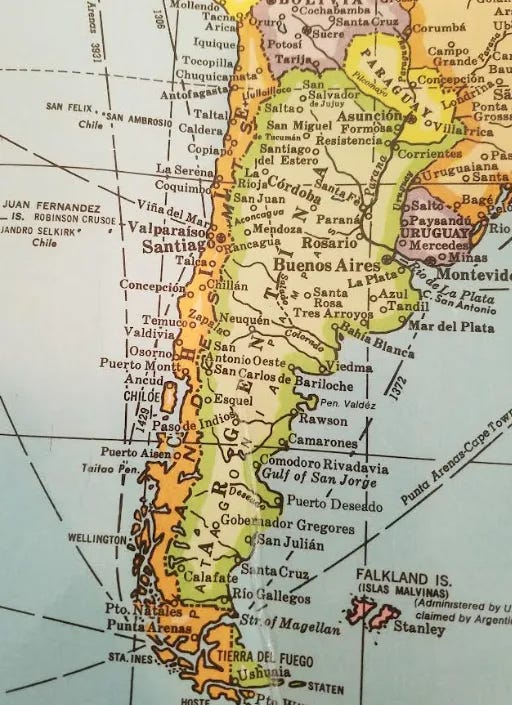During the first seven months of 2024, 157 suspected cases of trichinosis were reported in the Province of Buenos Aires (PBA), of which 61 cases were confirmed, 3 are probable, 2 were ruled out and 91 are under study.
This year's cases exceed those of the previous year. For the same period in 2023, 96 suspected cases had been reported, 53 of which were confirmed and 5 were probable.
As of August 5, five outbreaks of trichinosis linked to the consumption of home-slaughtered products were confirmed.
The first outbreak was recorded in Epi week 26 (6/23) in the town of Juan Bautista Alberdi, Leandro N. Alem district and one person from General Pinto district. 19 people with compatible symptoms were identified linked to the consumption of sausages and cheeses from home-slaughtered meat.
The second outbreak corresponds to Mar del Plata, General Pueyrredón district, recorded in Epi week 26 (6/25). It was a family event with consumption of homemade sausages. 12 symptomatic people have been identified to date.
In the third outbreak in the town of Quequén, Necochea district, also registered in Epi week 26 (6/28), 45 exposed people were identified, 41 of whom presented symptoms at a family event.
The fourth outbreak was registered in the Guaminí district in Epi week 27 (7/3). 32 people were identified (some residents of the Coronel Suárez district), all with compatible symptoms.
In the fifth outbreak, it was a family outbreak in people residing in the Florencio Varela and Quilmes districts. Four symptomatic people were reported. In response to this, focus control actions were carried out from the corresponding health regions, health secretariats, the Bromatology Directorate of the parties and zonal representatives of the Provincial Directorate of Agricultural Inspection.
All people received treatment with albendazole and mebendazole, and the samples were referred for diagnosis to the laboratory of the Department of Rural Zoonoses of the Ministry of Health.
Trichinosis is a parasitic disease caused most commonly by the roundworm Trichinella spiralis. If someone ingests undercooked or raw meat with the encysted larvae, the stomach acid releases the larvae which mature to adults in the intestine.
After about a week the female starts releasing larvae which enter the bloodstream and find their way to skeletal muscle where they encapsulate.
There can be gastrointestinal symptoms mimicking acute food poisoning when there is activity of the adults in the intestine.
Subscribe to Outbreak News TV on YouTube
Sudden appearance of fever, muscle soreness and pain with swelling of parts of the face is early classic signs. This can sometimes be followed by retinal hemorrhages and other ocular signs.
With heavy infections cardiac, respiratory and neurological problems may ensue with death by heart failure being most common. The more larvae you ingest, the more serious the disease.
What preventive measures are available?
• Cook all fresh pork, pork products and meat from wild animals to where all the meats reaches 160° F. The meat should turn from pink to gray.
• Freezing pork at -13° F for at least 10 days will kill the cysts. The exception to this rule is strains of Trichinella found in walrus and bear meat which are cold-resistant and must be cooked as noted above.
• Smoking, salting or drying meat is not effective.






